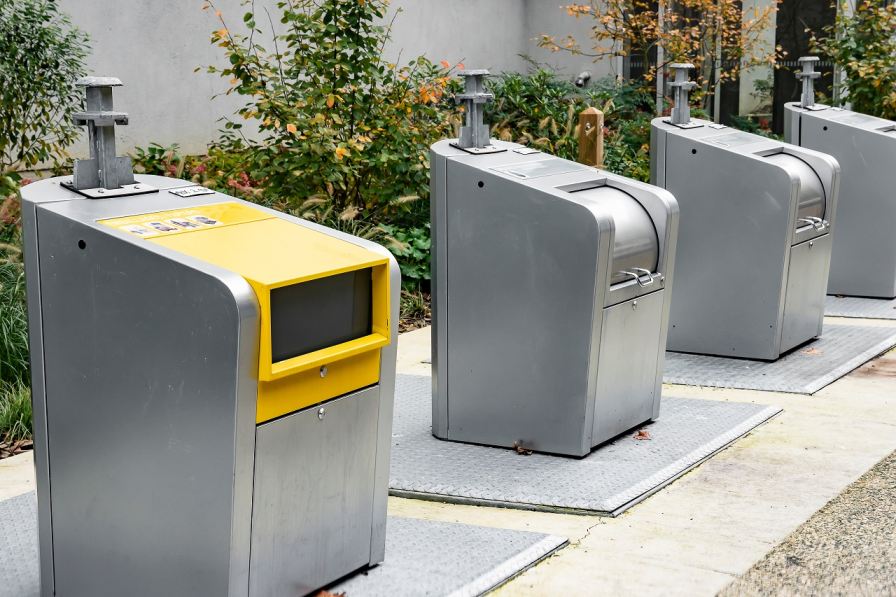Why not add these to compliment your wheelie bins?
Your basket is currently empty.
Shop NowBest Price Wheelie Bins Guaranteed! Find the same bin for a cheaper price and we will beat it!

If you are out and about in town, at the beach, or in the countryside, there’s one problem that won’t have escaped your attention; litter.
Whether it’s a discarded crisp packet, piece of chewing gum, or fast food wrapper, it’s a growing problem that blights our landscape and harms the environment.
The cost of the litter problem
Clearing up litter from the streets and other areas costs UK taxpayers £1 billion every year. This money could be far better spent on stretched public services. And the costs of dropping litter are not just financial. Litter can cause harm to wildlife and it can be a risk to health. Research has also shown that areas which are littered have higher rates of crime.
Bins come with their own problems
Bins are an obvious solution to the litter problem, but sometimes people can put the wrong things in bins, or not use them at all. Bins aren’t the best looking things either, and for people living in certain areas and in certain types of accommodation, they aren’t so convenient.
Are underground bin systems the solution?
Some local authorities in the UK are considering whether it is feasible to replace wheelie bins in apartment blocks with an underground waste system. Residents would put their rubbish down a steel chute instead of a wheelie bin. Once the space fills up with rubbish, sensors will alert collectors that it needs emptying. A special truck would clean out the chamber and take the rubbish away. If such a system was introduced, it would eliminate the need for wheelie bins and cumbersome refuse vehicles.
The pilot scheme in Cambridge
North west Cambridge will be the first place to have an underground waste system. The system will be installed on a residential site which will house 1,500 Cambridge University staff. The system will replace around 9,000 wheelie bins that were on the site. The underground system will consist of 450 recycling and general waste bins in 155 locations. Residents won’t have to worry about putting bins out or having to live with smelly bins.
Household waste, paper, and recyclables will have separate bins, and residents will receive leaflets to help them get used to the new system. There will also be stickers on the bins.
Underground waste systems already exist in Europe, but the Cambridge system is the first one of its kind in the UK.
The director of construction at the Cambridge development said that the system was an excellent way of allowing more sustainable living, without making any changes that would affect the look of the area, like extra bins might.
Are there any downsides to the system?
The system will have doors that open to the garbage space, so there is a risk that people could potentially fall down the chute. Authorities will install warning signs to prevent such accidents.
But as the UK produces around 330 million tonnes of rubbish every year, any innovation to get people to recycle their waste is very welcome.